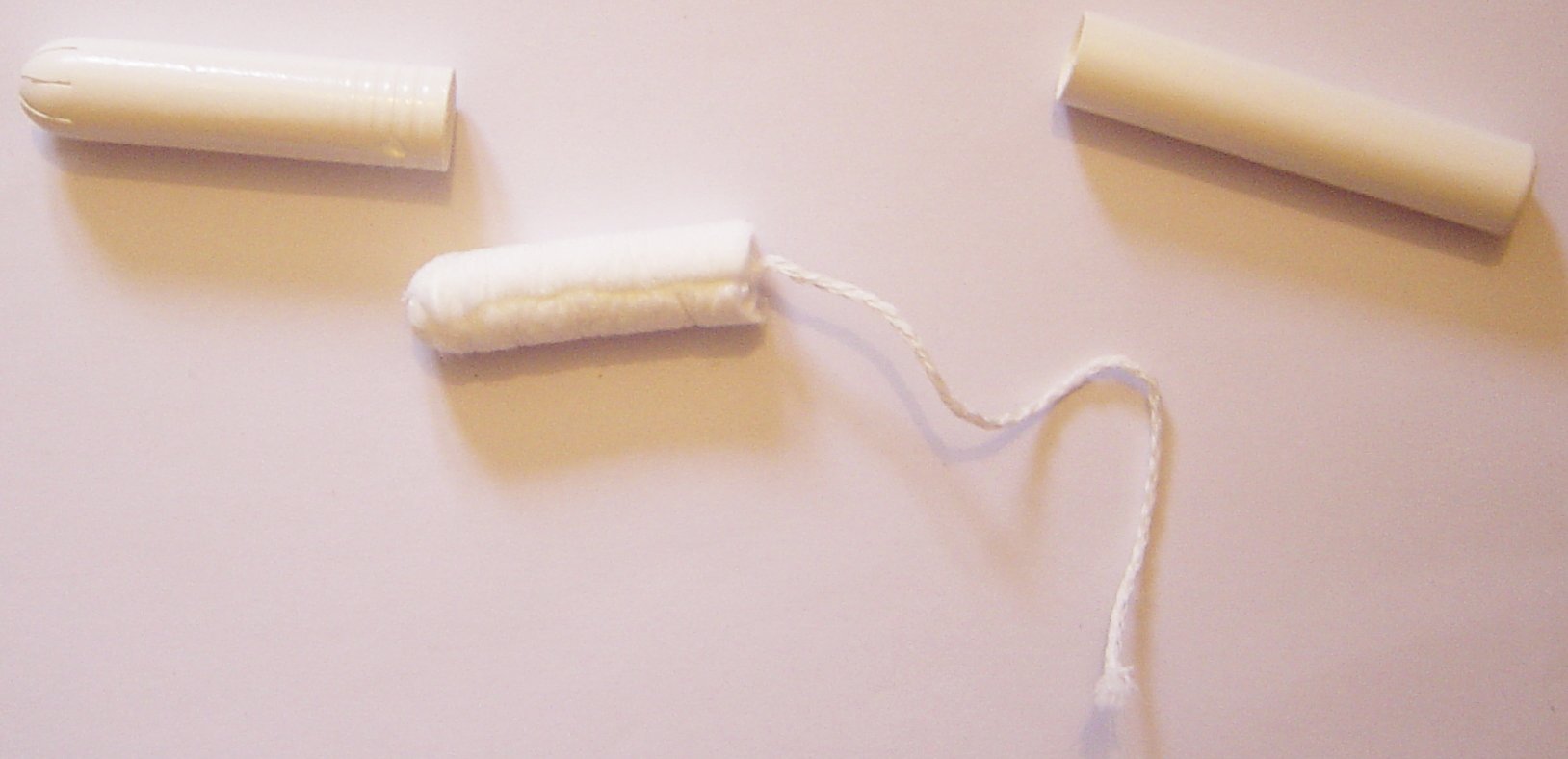Your Tampons Might Be Poisoning Your Vagina
Dec 24, 2013 22:53

In this day an age, it's unsurprising that there are harmful chemicals in a lot of things we consume; food, cosmetics, cleaning products - the list is extensive. This also include sanitary pads, tampons, and feminine wipes that contain toxic substances. Just how serious is this problem?
Chem Fatale says that 85% of women use tampons, and that vaginal tissue is highly permeable:
Vulvar and vaginal tissue are structurally different than the skin of the rest of the body. For example, these tissues are also more hydrated and more permeable than other skin. That means this area of the body is potentially more vulnerable to exposure to toxic chemicals and irritants... One study found that a vaginally applied dose of estradiol (an estrogen proxy) resulted in systemic estradiol levels in the body 10 to 80 times greater compared to the same dose given orally.The WVE report also found that feminine wipes and douches can contain quaternium-15 DMDM Hydatoin — known allergens that also release formaldehyde, which is a human carcinogen.
Laura Kiesel points out at Salon that feminine products are classified as cosmetics, and even though the Fair Packaging and Labeling Act mandates that cosmetic products must disclose their ingredient list, there's a loophole that allows manufacturers to "choose any chemical they do not wish to disclose to the public and simply list it as a 'fragrance.'" This means the innocuously-named "fragrance" in douches and wipes "can be made of hundreds of different undisclosed chemicals, some quite toxic, and some certainly associated with allergies," as the WVE report puts it.
Despite the issue, feminine care products are still lacking discourse surrounding the health risks of everyday products.
Dr. Ami Zota, who worked as an adviser on the WVE reports said to Salon, "Virtually no one has been talking about [the possible health impacts] of feminine care products, even though most women use these products on a monthly basis, some demographics more than others." And this is especially bad because "many of these products are coming into direct contact with the bloodstream and very sensitive tissue, which can make them potentially more dangerous."
People need to start worrying about the harmful compounds present in tampons, pads, and feminine washes, so WVE is currently pushing Procter & Gamble to list all the ingredients in, evaluate the safety of, and remove the toxins from their pads and tampons.
In the meantime, the report suggests using unscented, unbleached tampons and pads made from organic cotton.







































































